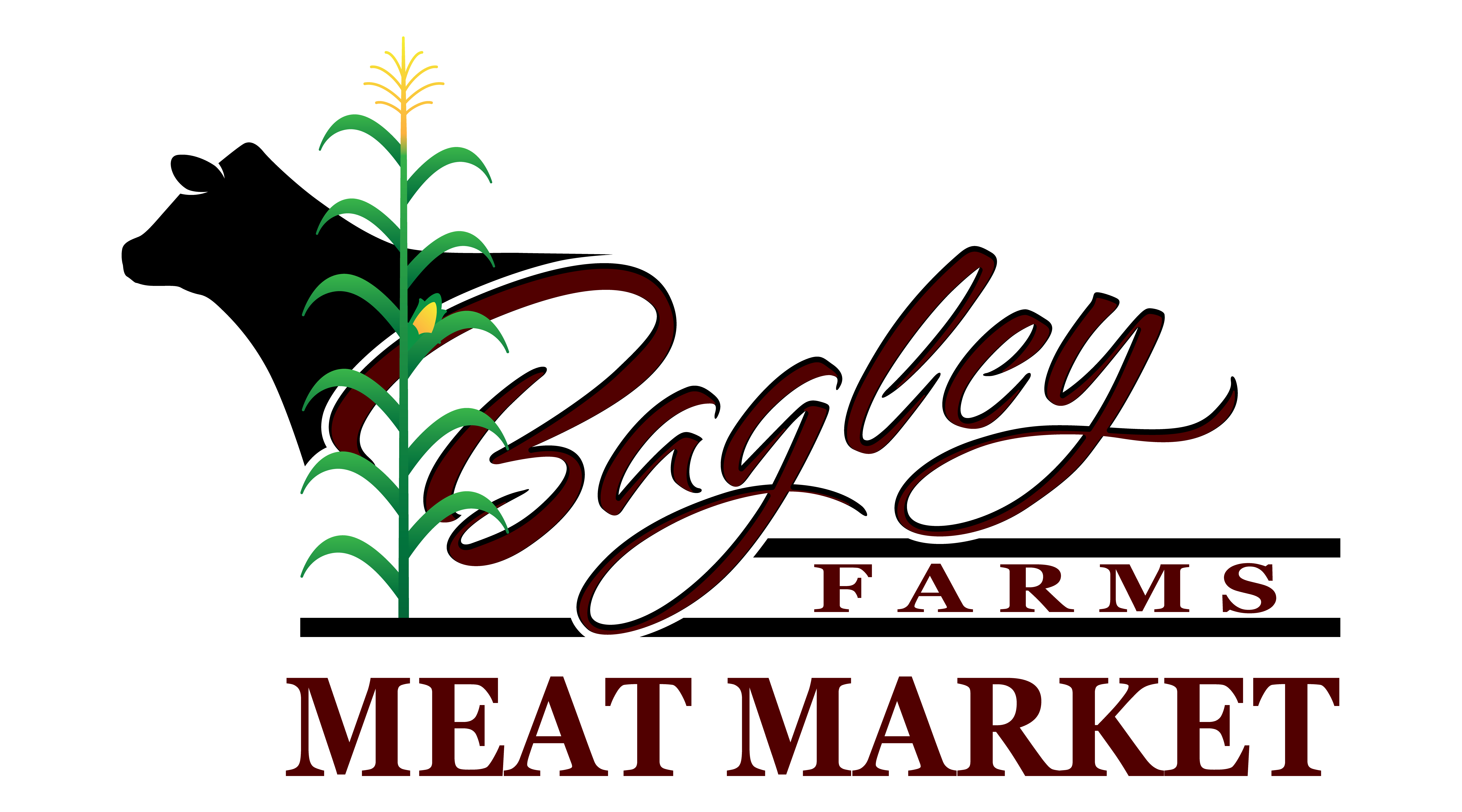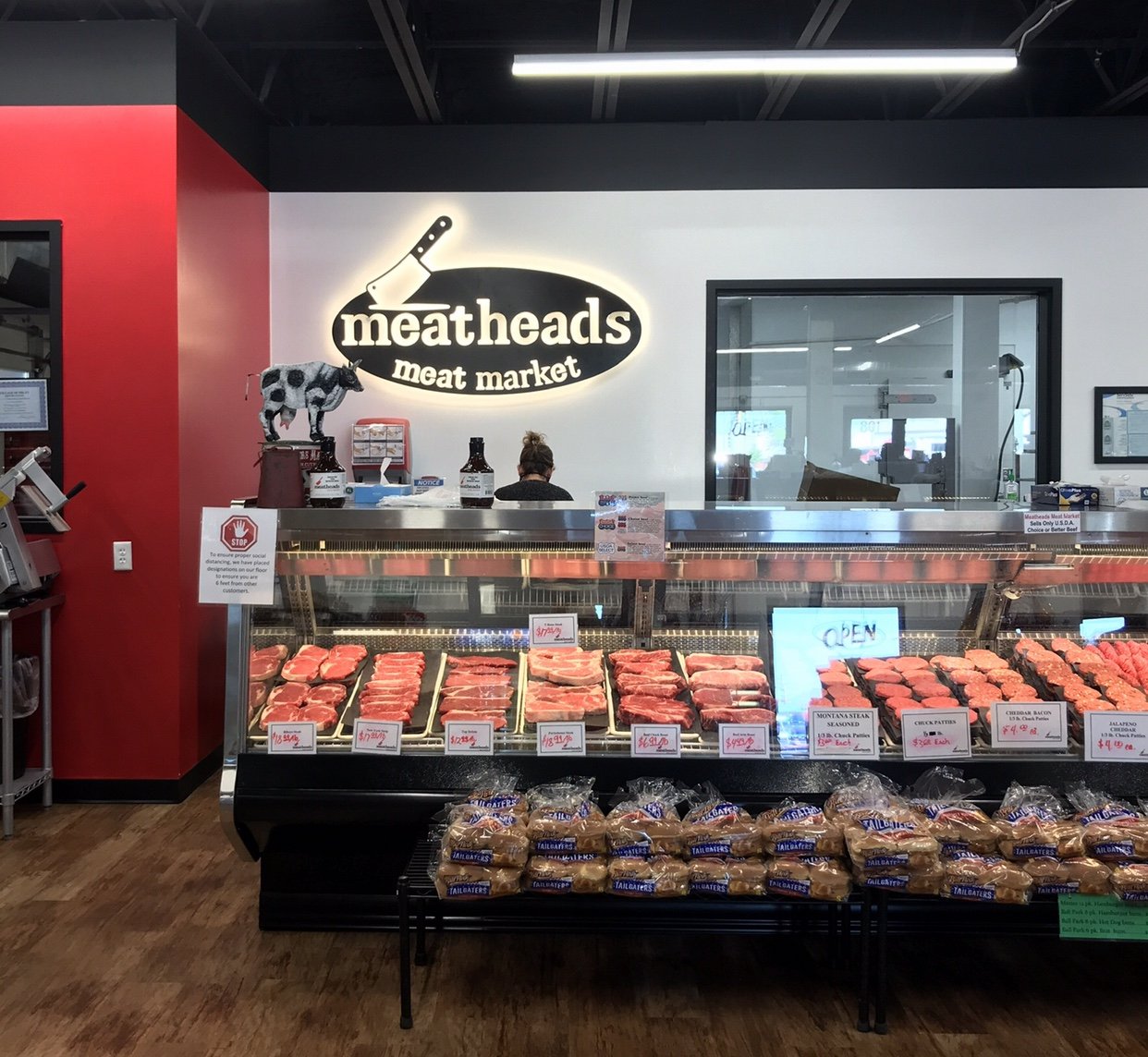Why Choosing a Meat Market Over a Grocery Store Makes a Distinction in Taste and Quality
The distinction in between acquiring meat from a specialized market versus a grocery store typically lies in the nuanced layers of taste and high quality. Meat markets generally emphasize freshness, sourcing their items from regional farms, which not just boosts taste yet also promotes lasting methods. Furthermore, the knowledge of knowledgeable butchers can offer vital insights into choosing the appropriate cuts for various cooking applications, guaranteeing a much more tailored experience. The effects of these selections expand beyond plain flavor; they raise essential concerns concerning the more comprehensive impact on consumer habits and neighborhood economic climates. What else might be at risk?

Freshness of Products
Prioritizing freshness is a substantial advantage of choosing a meat market over a supermarket. Meat markets commonly offer products that are sourced in your area and refined with an emphasis on keeping optimal freshness. Unlike grocery stores, where meat might be stored for prolonged periods, meat markets frequently receive day-to-day shipments, ensuring that their stock is consistently replenished with top quality cuts.
Moreover, meat markets normally have a more reliable supply chain, decreasing the time from ranch to table. This rapid turn over not only enhances the flavor and structure of the meat but additionally gives consumers with assurance pertaining to the top quality of the items they acquire. The competent butchers at meat markets can likewise provide valuable insights right into the freshness of their offerings, as they are intimately acquainted with their suppliers and the conditions under which the meat is managed.
Furthermore, meat markets often focus on whole cuts and specialty things that might not be available in grocery stores, enabling customers to explore a variety of options that are fresher and more savory. This commitment to freshness ultimately adds to a remarkable culinary experience, making meat markets an attractive choice for discerning consumers.
Sourcing and Sustainability
The dedication to high quality at meat markets expands past freshness to incorporate sourcing and sustainability practices. Unlike big grocery stores, which frequently depend on mass-produced products, meat markets focus on ethical and regional sourcing. This method not only sustains neighborhood farmers and ranchers but also minimizes the carbon footprint connected with moving meat over cross countries.

Moreover, meat markets often supply a variety of cuts and specialty meats that show the periods and neighborhood culinary practices. This dedication to sustainability promotes a link in between consumers and their food sources, advertising openness concerning the origins of the meat they buy. By choosing meat markets, consumers can enjoy not just boosted tastes but likewise the contentment of supporting lasting and responsible farming practices.
Expert Expertise and Advice
While buying at a meat market, customers gain from the specialist expertise and individualized suggestions used by competent butchers. These specialists are usually well-trained and possess comprehensive experience in the meat industry, enabling them to provide understandings that go far past the basics found in a supermarket. They can direct clients on picking the best cuts for particular dishes or events, making sure optimum flavor and tenderness.

In addition, butchers usually make the effort to involve with clients, responding to concerns and sharing pointers that are not easily offered in a grocery store setting. This degree of customized solution cultivates a deeper link between consumers advice and their food, ultimately raising the total culinary experience. By picking a meat market, consumers get to a wealth of understanding that can considerably affect their cooking and pleasure of meat.
Taste Accounts and Variety
When exploring the offerings at a meat market, consumers are often rewarded with a diverse array of taste profiles and cuts that are usually not available in supermarkets. Unlike mass-produced meat items, which frequently prioritize harmony, meat markets curate their selections based upon high quality and regional uniqueness. This results in a variety of meats that mirror special tastes, textures, and preparation approaches.

Seasonal and in your area sourced alternatives better boost the experience, as these items often possess premium freshness and flavor. The well-informed butchers at meat markets can lead customers on the very best cuts for specific meals, making sure that each option aligns with desired flavor profiles and food preparation strategies. Generally, the selection and quality found in meat markets not only raise the culinary experience but likewise motivate expedition and testing in home food preparation.
Sustaining Regional Economies
Selecting a meat market not only improves cooking experiences via varied taste accounts yet likewise plays a substantial duty in sustaining regional economies (bagley meat market edwardsville il). They are read what he said a lot more likely to involve with organizations that resource their items from neighborhood farms and producers when customers decide for meat markets over bigger grocery store chains. This technique cultivates a lasting farming environment, encouraging farmers to keep typical approaches that yield top quality meats
Moreover, meat markets generally employ regional staff, which adds to work development and retention within the area. The financial impact expands past the prompt service; money invested at regional facilities has a tendency to circulate within the area, benefiting different industries such as retail, transport, and advertising. This local investment aids improve the total economic health of the location.
Furthermore, meat markets often highlight transparency and honest sourcing techniques, which resonate with customers significantly concerned concerning the beginnings of their food. By selecting to buy from these facilities, consumers not just take pleasure in exceptional items yet likewise affirm their commitment to sustaining their community's economy. Fundamentally, picking a meat market is an intentional option that nurtures both individual webpage complete satisfaction and more comprehensive financial vitality.
Conclusion
Selecting a meat market over a grocery store significantly impacts preference and quality. The emphasis on freshness, sustainable sourcing, and expert understanding adds to premium culinary experiences. Accessibility to unique cuts and diverse flavor accounts improves dish prep work and satisfaction. In addition, sustaining regional economic situations fosters community relationships and advertises lasting farming techniques. Generally, the benefits of selecting a meat market prolong beyond individual preferences, influencing wider economic and environmental variables while boosting the art of food preparation.
Unlike grocery stores, where meat might be kept for extended periods, meat markets typically get daily deliveries, making sure that their inventory is continually restored with top notch cuts.
The knowledgeable butchers at meat markets can additionally provide beneficial understandings into the quality of their offerings, as they are intimately acquainted with their vendors and the conditions under which the meat is taken care of.
Furthermore, meat markets frequently use a variety of cuts and specialty meats that reflect the periods and regional cooking practices. By choosing a meat market, consumers acquire accessibility to a riches of knowledge that can considerably impact their cooking and satisfaction of meat.
Unlike mass-produced meat products, which commonly focus on uniformity, meat markets curate their choices based on quality and regional specificity.